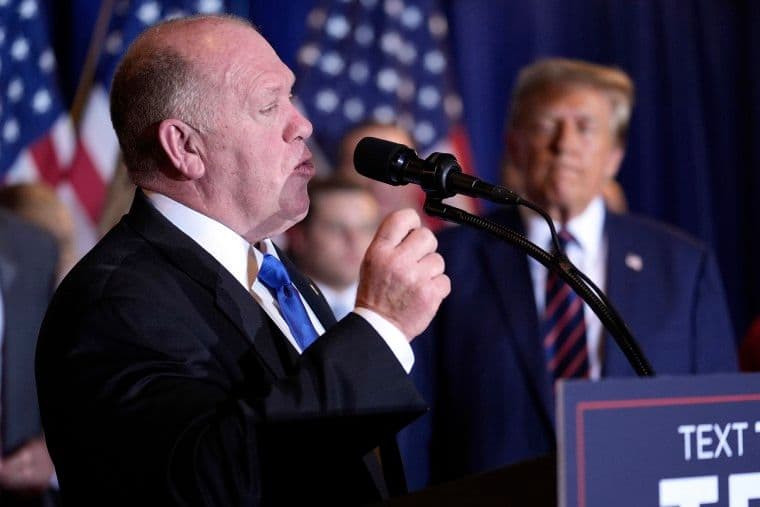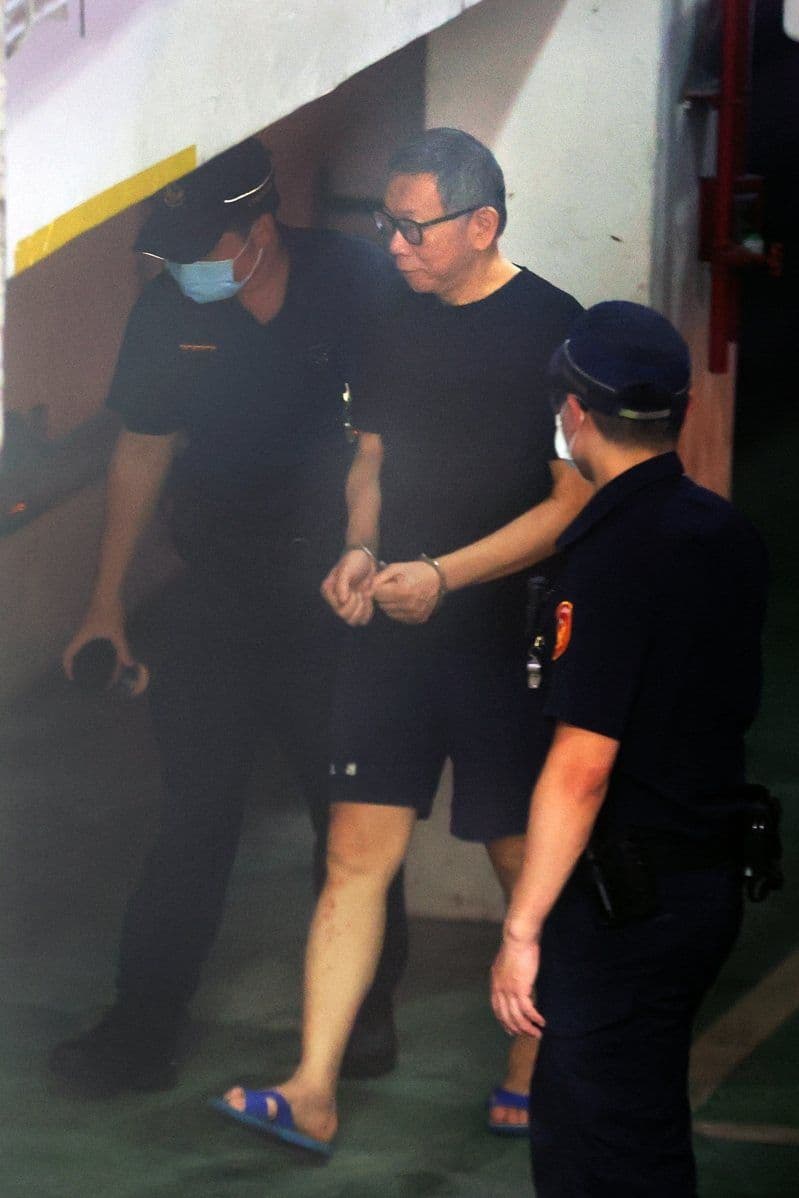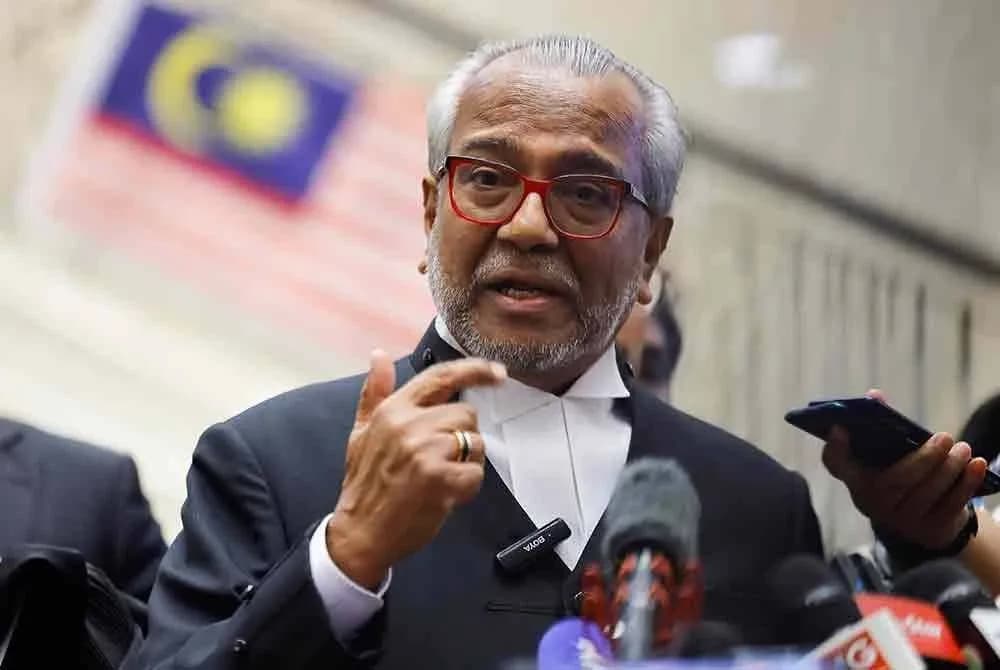The Lingering Question: Stanisław Gawłowski, Political Justice, and the Appeal for Truth
Explore Senator Stanisław Gawłowski's conviction in the 'melioration affair,' the political vs. legal debate, and his ongoing fight for truth and justice.
Beyond the Initial Verdict: A Politician's Unfinished Battle
Senator 's recent conviction on corruption charges, stemming from the so-called 'melioration affair,' marks a significant and contentious moment in Polish politics, yet it's far from a definitive end to his protracted legal saga. Handed a five-year prison sentence, a substantial 180,000 PLN fine, and a decade-long ban from holding public office, Gawłowski immediately expressed a profound sense of injustice and disbelief at the ruling. He vehemently declared the verdict had "nothing to do with justice or law," maintaining his unwavering innocence throughout the arduous five-year investigative and trial process. His consistent assertion, echoed since the initial charges, has been that he faced trial for "purely political reasons," alleging that the former ruling government actively sought to find incriminating evidence against him as a prominent opposition figure. This initial, non-final ruling by the District Court sets the stage for an intense and high-stakes legal battle, as the senator has promptly announced his intention to appeal, signaling that his fight for exoneration and vindication is far from over. This case continues to draw national attention, highlighting the complexities of political and judicial interplay in Poland.
The Narrative Crossroads: Politics vs. Prosecution in the 'Melioration Affair'
The 'melioration affair' itself became a central focus for the previous government, positioning the investigation as one of its most important efforts. Spanning alleged irregularities across 26 investments by the West Pomeranian Land Reclamation and Water Facilities Board in , the case implicated 24 individuals, with Senator , a former MP for Civic Platform, Secretary General of the party, and Deputy Minister of Environment, being the most high-profile. The presiding judge, Mr. Kasicki, even acknowledged that the case had been presented as politically motivated throughout its half-decade duration. This judicial observation lends credence to Gawłowski's consistent claims of political persecution, framing the entire prosecution as a potential tool in a broader political struggle rather than solely a pursuit of justice. The sheer scale of the charges, with 94 accusations against 32 defendants, including five corruption-related counts against Gawłowski, underscored the gravity of the affair, yet its political undertones remained a persistent undercurrent.
Shifting Testimonies: Unpacking the Controversial Evidence
A particularly unsettling aspect of the 'melioration affair' trial has been the dramatic shifts in witness testimonies, introducing a layer of complexity and controversy to the evidence presented. During the protracted proceedings, a significant number of witnesses who initially implicated Senator completely recanted their statements. One such individual, who had previously claimed Gawłowski accepted bribes, sensationally declared in court that they had been coerced by the prosecution into providing false testimony. This witness went as far as asserting that the entire case was orchestrated "to get Gawłowski." Yet, not all testimonies followed this pattern. Figures like , the former head of West Pomeranian land reclamation, continued to testify against Gawłowski. Interestingly, Tomasz P.'s cooperation appeared to yield favorable treatment, with prosecutors reportedly seeking only a suspended sentence for him, despite his own alleged involvement in manipulating tenders for financial gain. Gawłowski was ultimately found guilty of corruption, including accepting bribes totaling at least 733,000 PLN, and even plagiarism of his doctoral thesis, though he was acquitted on one specific charge involving luxury watches.
Implications for Trust: What the Gawłowski Case Means for Polish Institutions
The ongoing case, with its pronounced political dimensions and fluctuating testimonies, inevitably casts a long shadow over public trust in Poland's democratic institutions. When a prominent senator, a former high-ranking official, consistently claims his prosecution is "purely political," and a presiding judge notes the case's political presentation, it raises serious questions about the impartiality of the justice system. The unsettling revelation that some witnesses recanted their initial incriminating statements, alleging prosecutorial coercion and a deliberate campaign "to get Gawłowski," further erodes confidence. In a society where the rule of law is paramount, such allegations, whether proven or not, can foster a climate of suspicion. This case becomes a litmus test for the perceived independence of Poland's judiciary and its ability to deliver justice free from political influence, deeply impacting how citizens view the fairness and integrity of their governmental and legal structures.
The Path Ahead: Appeals, Redemption, and the Quest for Finality
With the initial verdict in the 'melioration affair' firmly non-final, the immediate future of Senator 's case lies squarely in the appeals process. His swift declaration to appeal highlights the critical next phase, where higher courts will scrutinize the evidence, the trial's conduct, and the legal arguments presented. For Gawłowski, this appeal represents not just a chance at overturning his conviction, but also a quest for personal and political redemption. The , his political party, has already stated it will not consider political consequences until the verdict becomes legally binding, underscoring the significance of this next judicial step. The ultimate outcome of the appeal will be pivotal, not only for Gawłowski’s political career and reputation but also for clarifying the public narrative surrounding the entire 'melioration affair.' Finality, whatever form it takes, is crucial for restoring a sense of closure and, perhaps, beginning to rebuild the public's trust in the integrity of Poland's legal processes.
Related Articles

Richard Boyle's Echo: Why His Fight for Transparency Demands a New Era of Protection

Richard Boyle's Echo: Why His Fight for Transparency Demands a New Era of Protection

The 'Deep State' Label: How Political Currents Swallowed a High-Profile Corruption Probe

The 'Deep State' Label: How Political Currents Swallowed a High-Profile Corruption Probe

The Unseen Script: How Media Infiltration Shapes High-Profile Investigations

The Unseen Script: How Media Infiltration Shapes High-Profile Investigations

Uncharted Waters: Najib's Defence and the Quest to Subpoena a Sitting Judge
